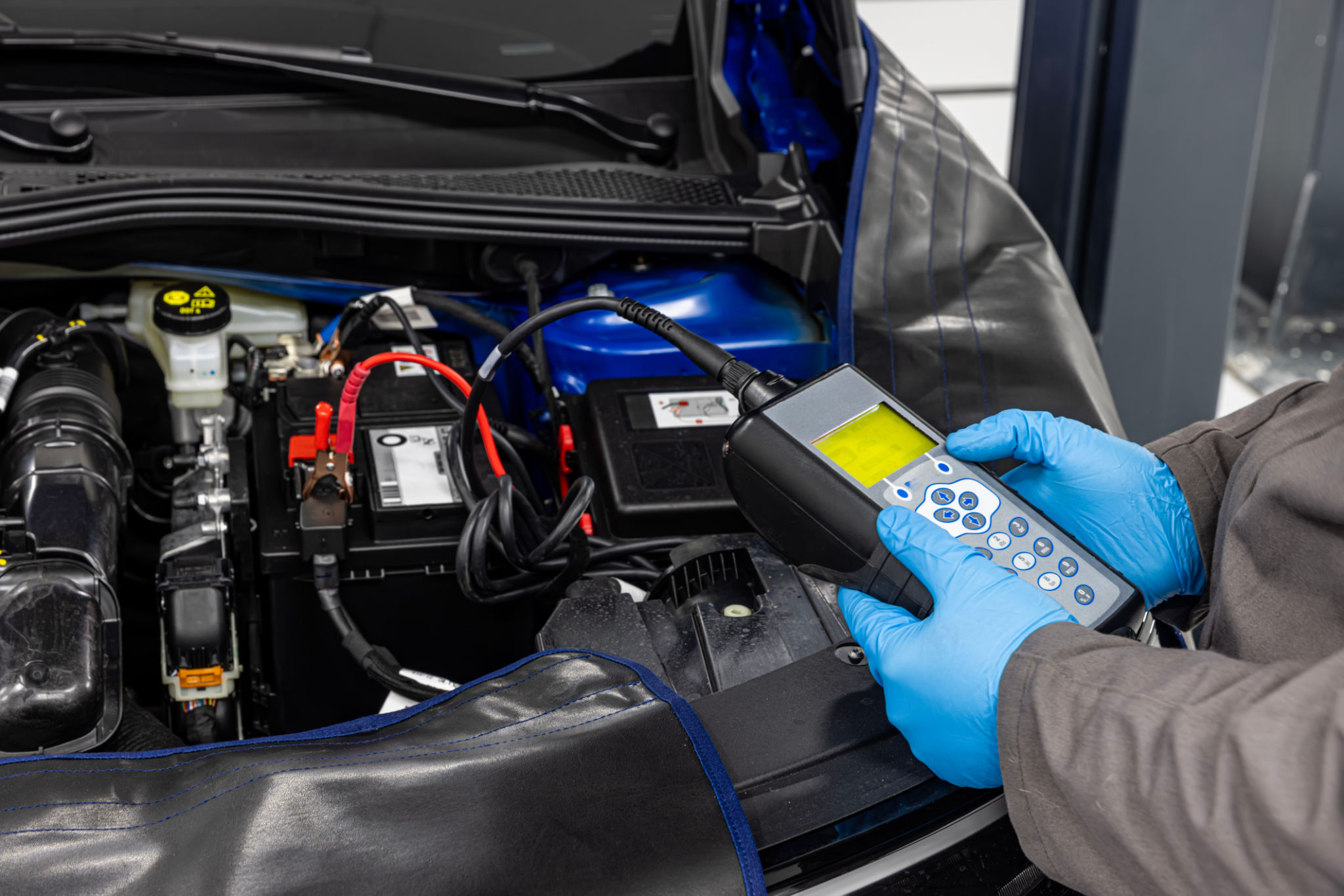Common Misconceptions About Transponder Key Fobs and How to Avoid Them
Understanding Transponder Key Fobs
Transponder key fobs have become a standard in modern vehicles, providing enhanced security and convenience. However, there are several misconceptions surrounding these devices that can lead to confusion. In this post, we'll explore some of the common misunderstandings about transponder key fobs and offer tips on how to avoid them.
At their core, transponder key fobs contain a chip that communicates with your vehicle's ignition system. This interaction ensures that only the correct key can start the car, offering a layer of protection against theft. Despite their benefits, misinformation persists.

Misconception 1: Transponder Key Fobs Are Indestructible
One of the most common myths is that transponder key fobs are unbreakable. While they are designed to be durable, they are not immune to damage. Exposure to water, extreme temperatures, or physical impact can lead to malfunction.
How to Avoid Damage: Treat your key fob with care. Avoid exposing it to harsh conditions and store it in a safe place when not in use. If it does sustain damage, consult a professional for repair or replacement.
Misconception 2: Any Key Can Be Programmed
Another misconception is that any key can be programmed to work with any vehicle. In reality, each transponder key fob is specifically coded to match the car's immobilizer system. Attempting to use an incompatible key will be unsuccessful.

How to Ensure Compatibility: When replacing or duplicating your transponder key fob, always go through your vehicle's manufacturer or a reputable locksmith. They can provide keys that are guaranteed to work with your specific model.
Misconception 3: Batteries Never Need Replacing
Some people believe that the batteries in transponder key fobs last forever. However, like any electronic device, the battery life is finite and will eventually need replacement.
Signs of a Dying Battery:
- Weak signal range
- Intermittent operation
- No response from the vehicle

How to Replace Batteries: Refer to your vehicle's manual for instructions on replacing the battery or visit a professional if you're unsure. Regular battery checks can prevent unexpected failures.
Misconception 4: All Repairs Are Expensive
Many assume that any issue with a transponder key fob will result in costly repairs. While some replacements can be pricey, not all problems require expensive solutions.
Cost-Effective Solutions: Simple issues like a dead battery or reprogramming can often be resolved at a minimal cost. Always explore basic troubleshooting steps before assuming the worst.

Conclusion
By understanding the realities behind these common misconceptions, you can better care for your transponder key fob and ensure its longevity and functionality. Regular maintenance, proper handling, and consulting professionals when needed can help you avoid unnecessary complications and expenses.